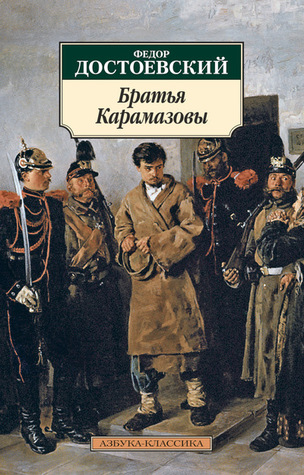Sartre, Jean-Paul "Nausea" (French: La nausée) - 1938
We discussed this in our international online book club in April 2025.
An interesting book. Yes, it introduces us to existentialism. I gives us ideas for thoughts about our lives. But it's not really a novel, nothing much happens. At the beginning, I was quite bored. It picks up a little but it doesn't catch you.
I heard Sartre compared to Camus. I absolutely love Camus. Sartre doesn't come over as well, the story is not a real story. You don't know where they are going. There isn't a flow to his writing.
At the beginning, when the protagonist talks about his nausea, it reminded me of depression, the big black dog, as people also call it. I thought it might go that way. But it didn't.
All in all, not an exciting book. I would have expected more. Maybe I read this too late.
Comments by other members:
"It was described very accurately by a funny Finnish word 'pitkäpiimäinen' = like rubbery sour milk, longwinded, boring.
We thought it was much more like a complete philosophy textbook than a story.
It was a very anxious story about a depressed and lonely person
It reminded us of many similar stories we have read over the years about loneliness and mental illness, for example: Steppenwolf, The Stranger, plus many more all with their own variety on the subject."
From the back cover:
"Jean-Paul Sartre's first published novel, Nausea is both an extended essay on existentialist ideals, and a profound fictional exploration of a man struggling to restore a sense of meaning to his life. This Penguin Modern Classics edition is translated from the French by Robert Baldick with an introduction by James Wood.
Nausea is both the story of the troubled life of an introspective historian, Antoine Roquentin, and an exposition of one of the most influential and significant philosophical attitudes of modern times - existentialism. The book chronicles his struggle with the realisation that he is an entirely free agent in a world devoid of meaning; a world in which he must find his own purpose and then take total responsibility for his choices. A seminal work of contemporary literary philosophy, Nausea evokes and examines the dizzying angst that can come from simply trying to live."
Jean-Paul Sartre received the Nobel Prize for Literature in 1964 "for his work, which rich in ideas and filled with the spirit of freedom and the quest for truth, has exerted a far-reaching influence on our age". He was awarded the prize even though he refused it.
I contribute to this page: Read the Nobels and you can find all my blogs about Nobel Prize winning authors and their books here.



























